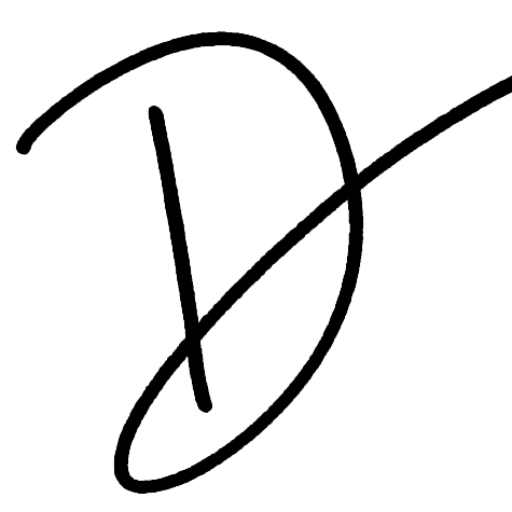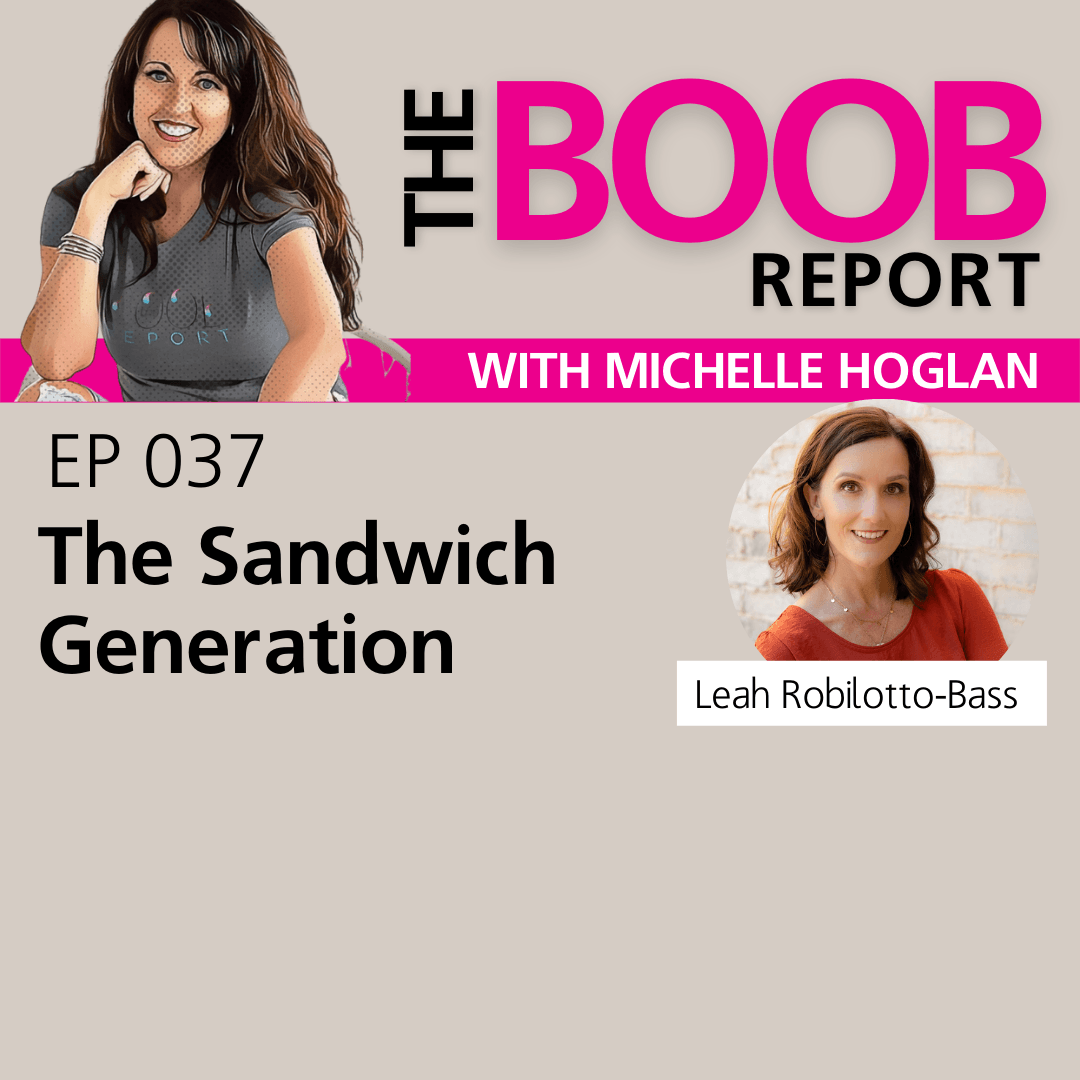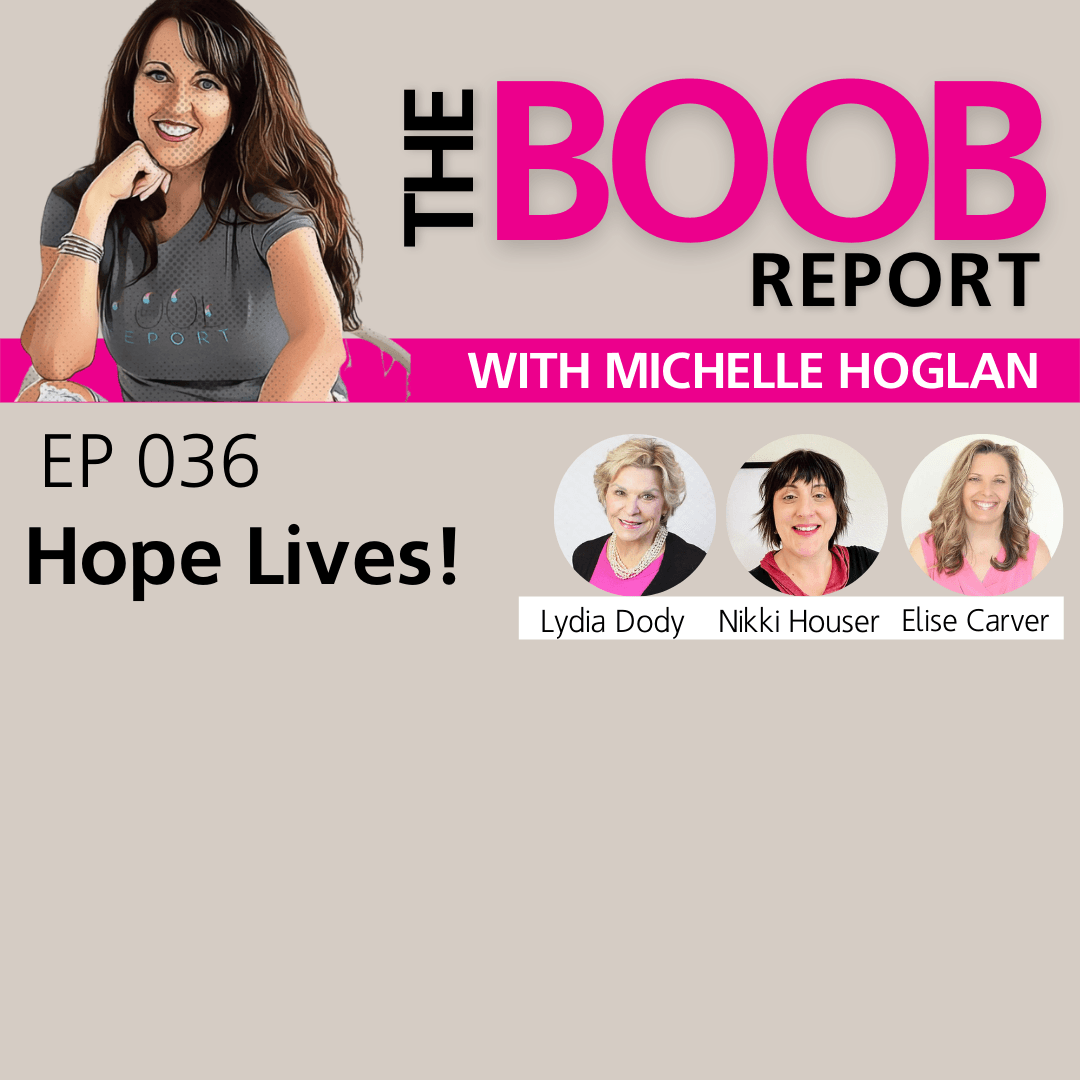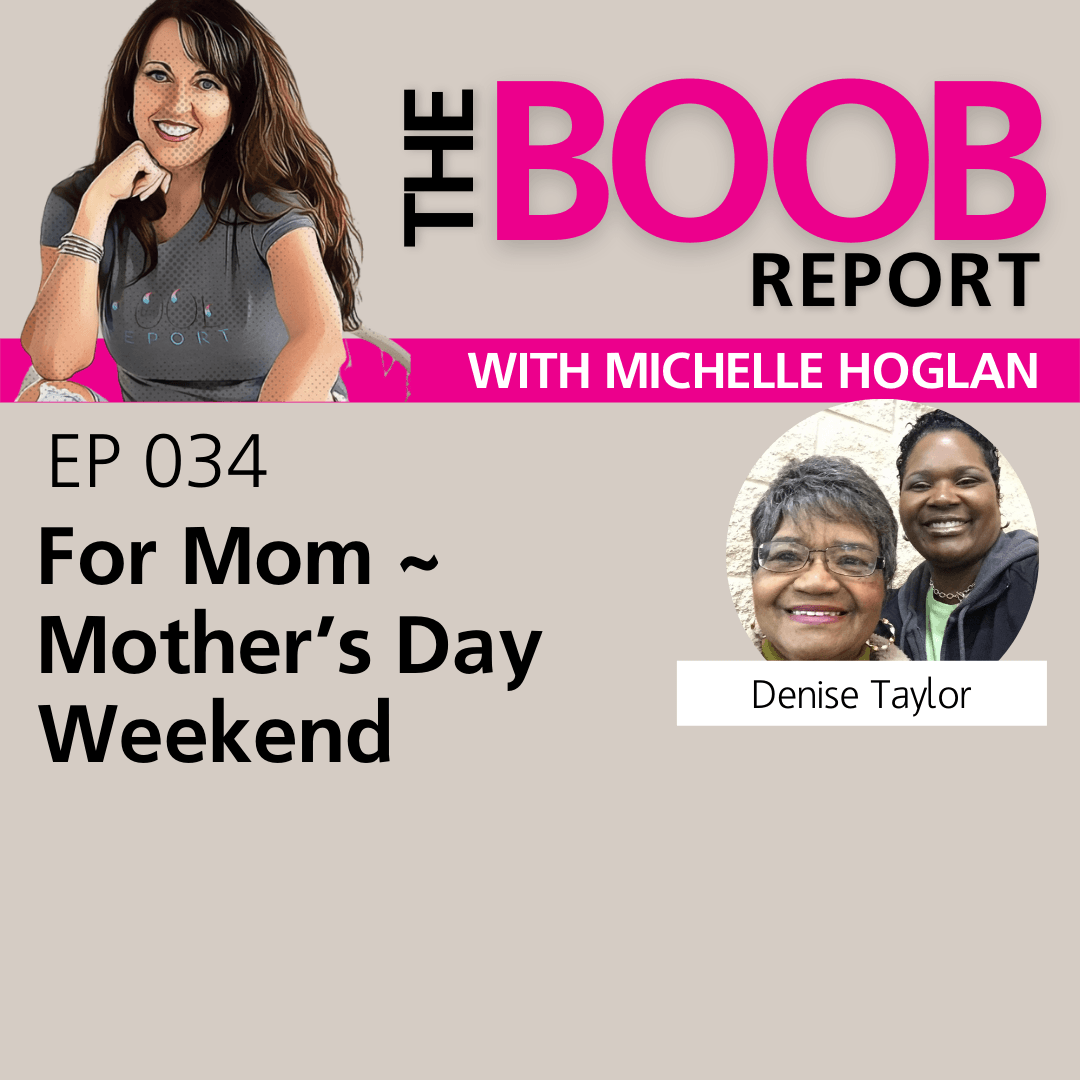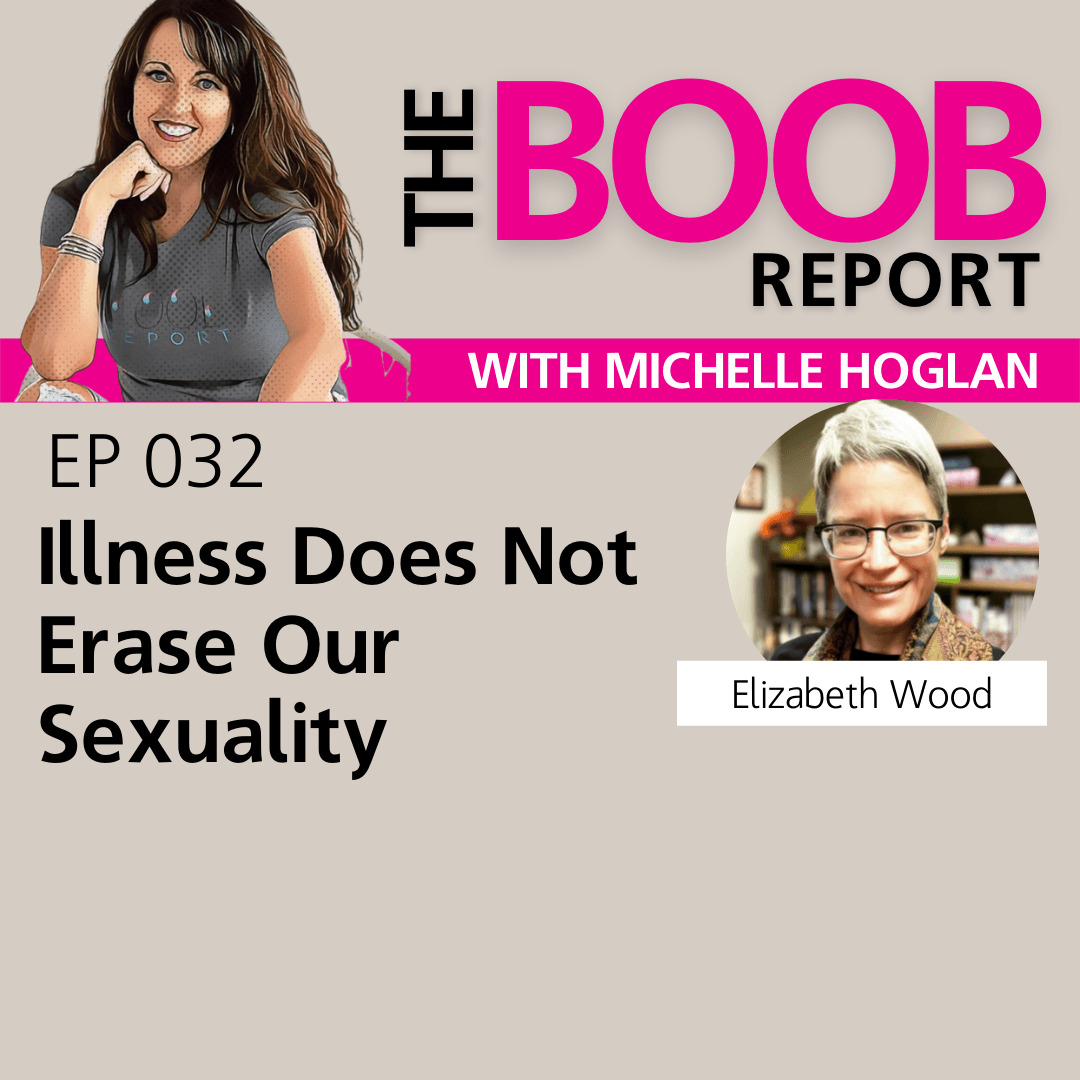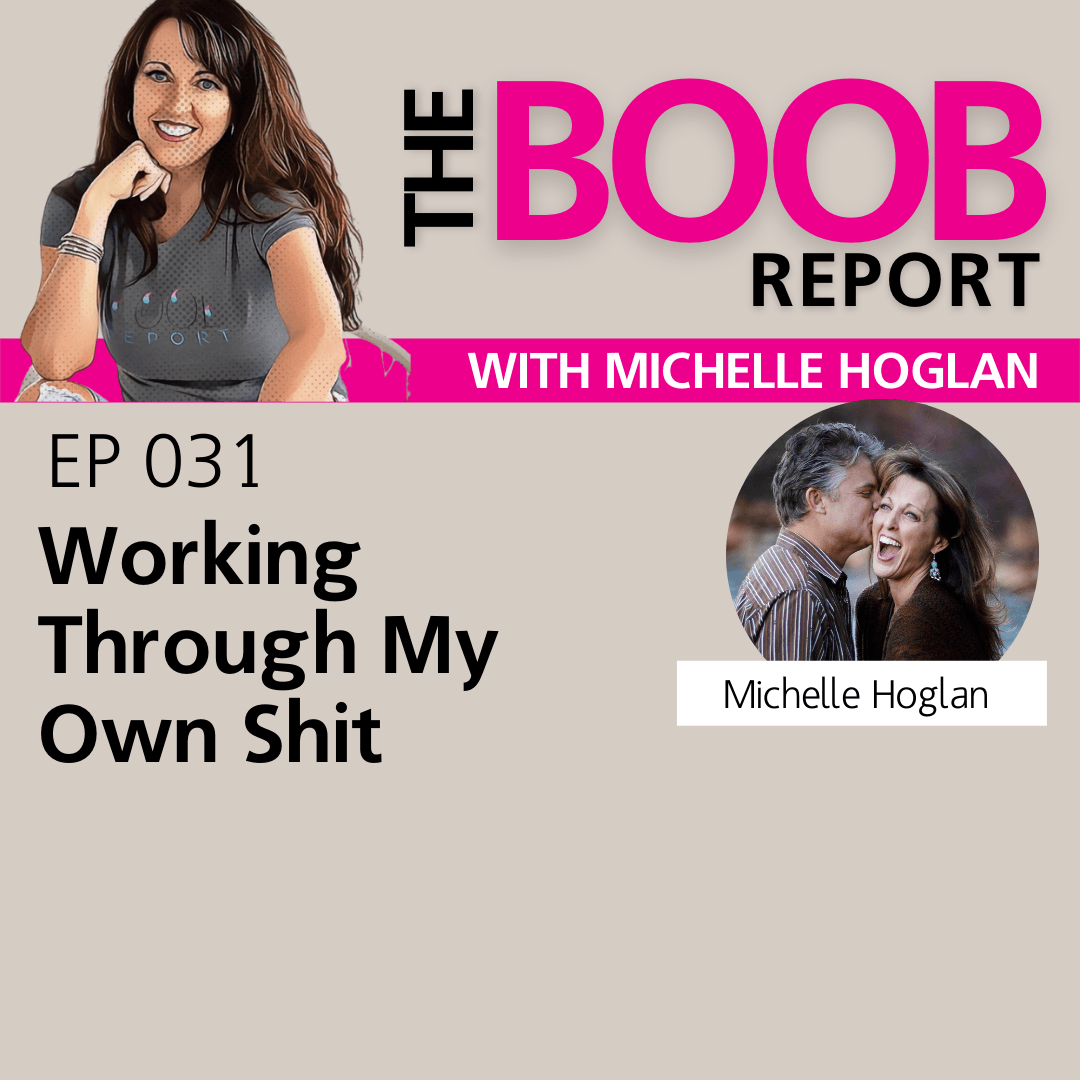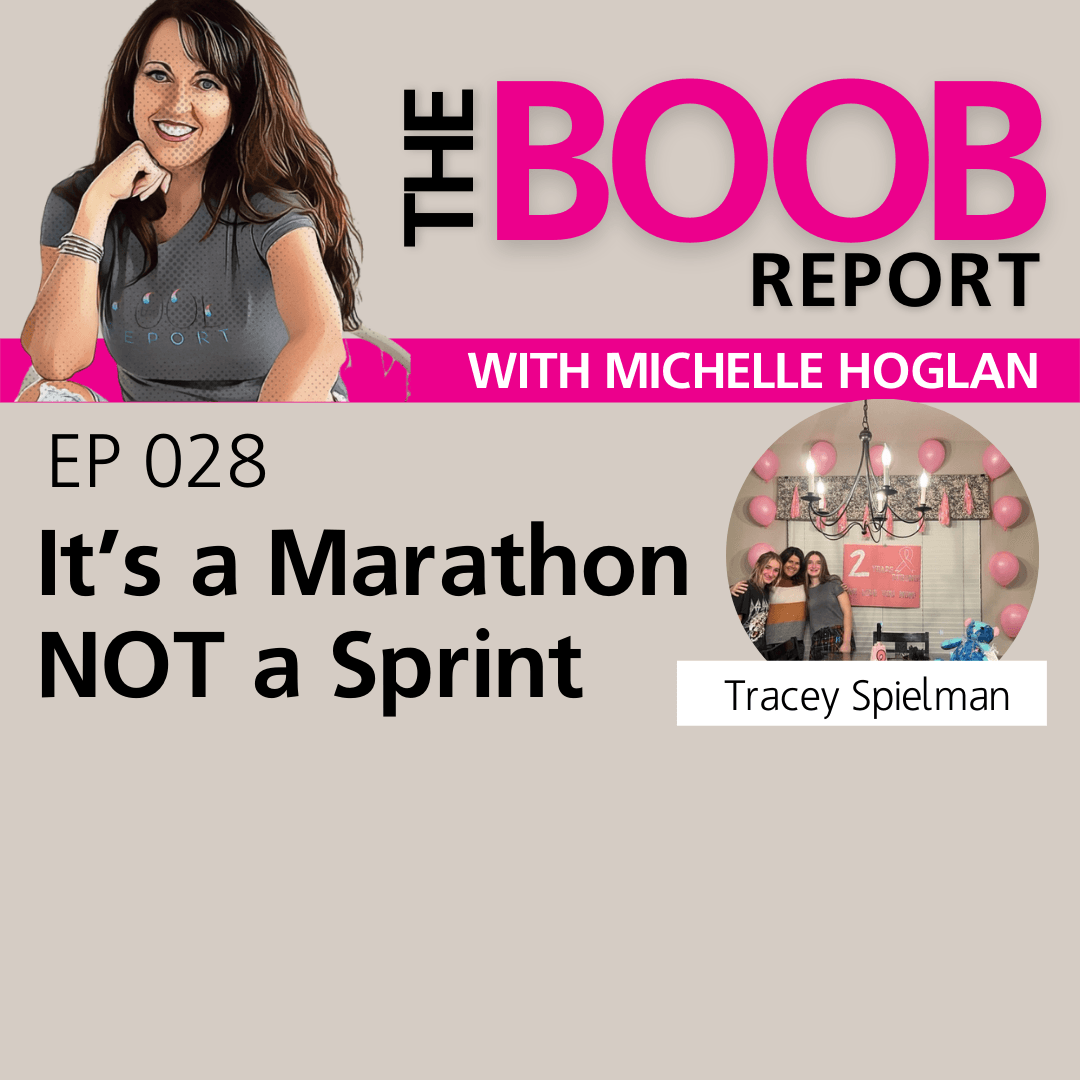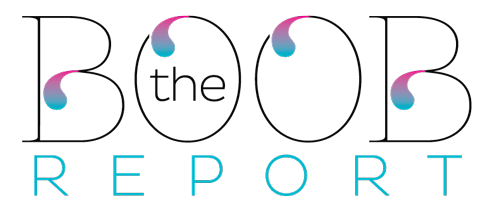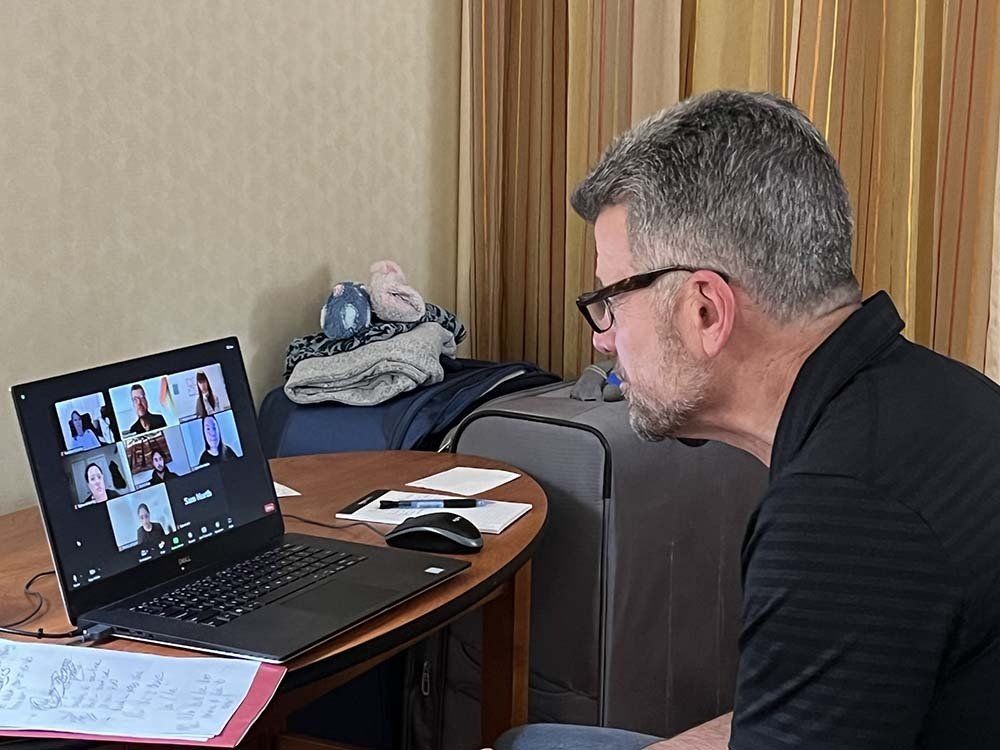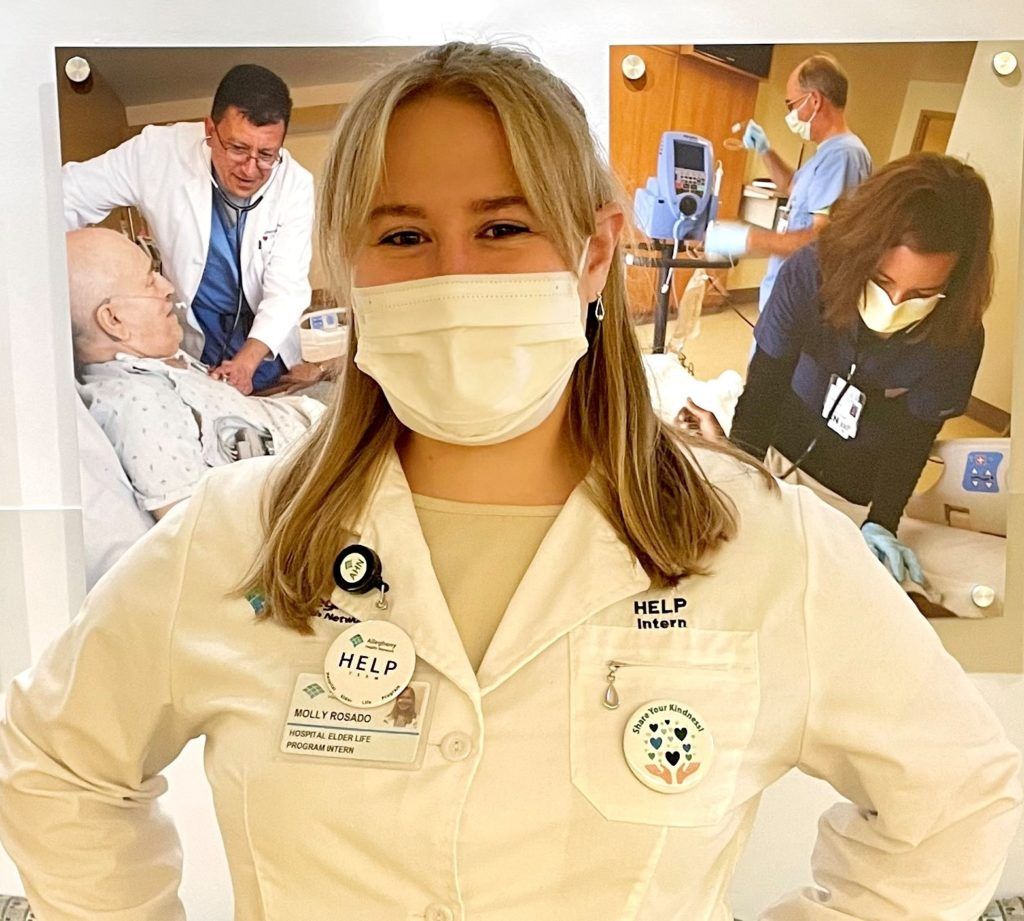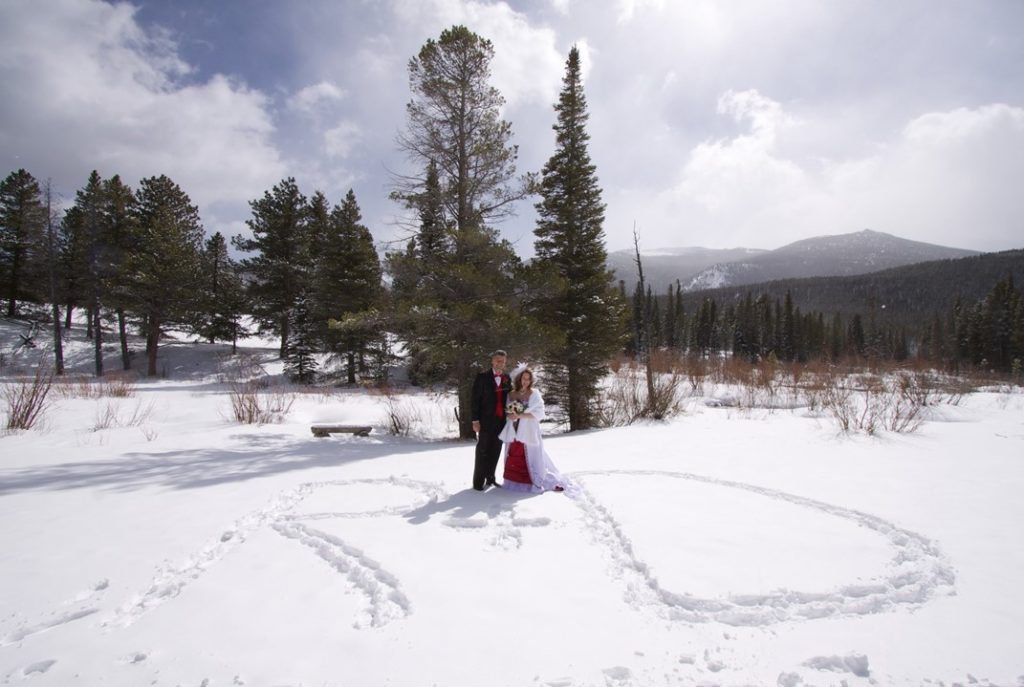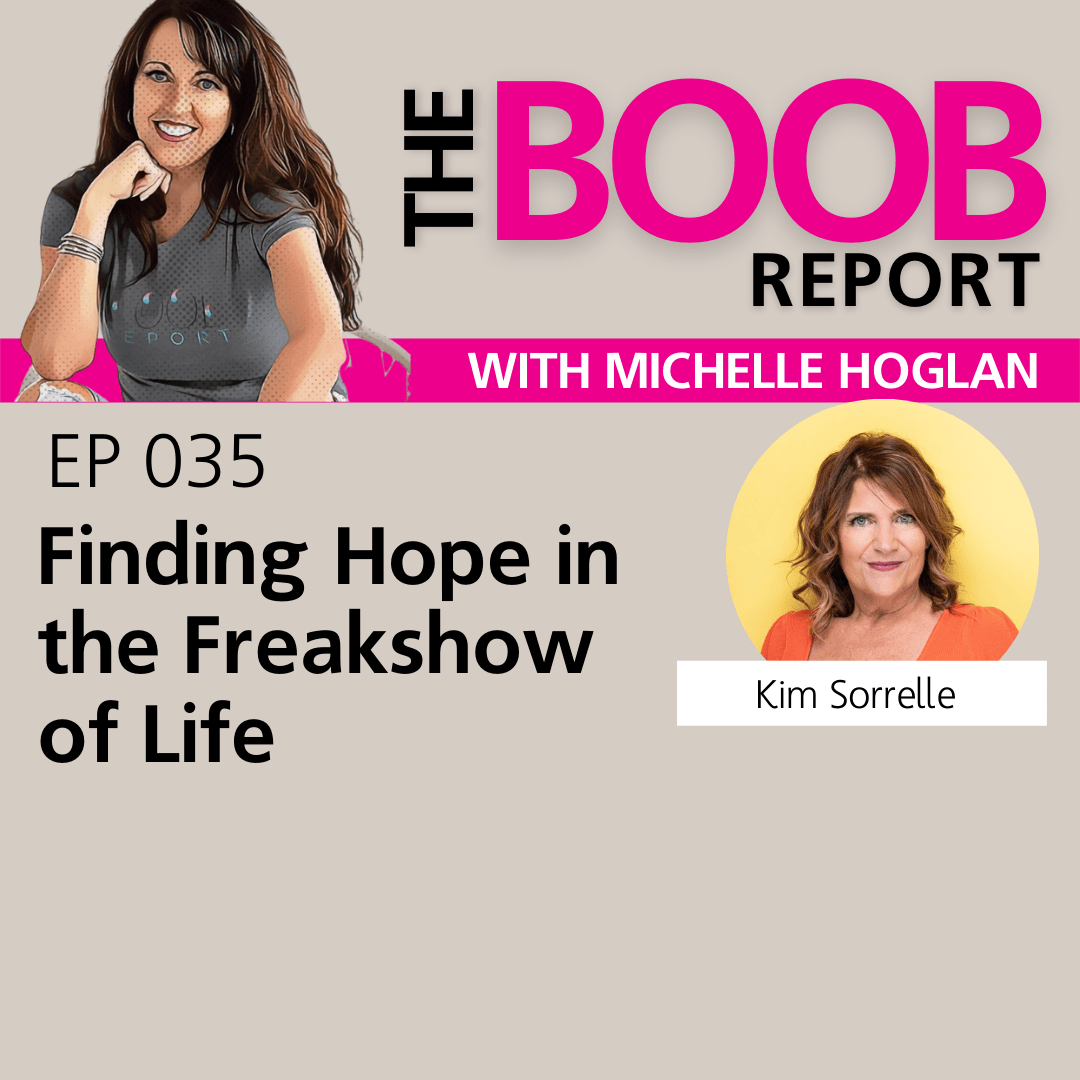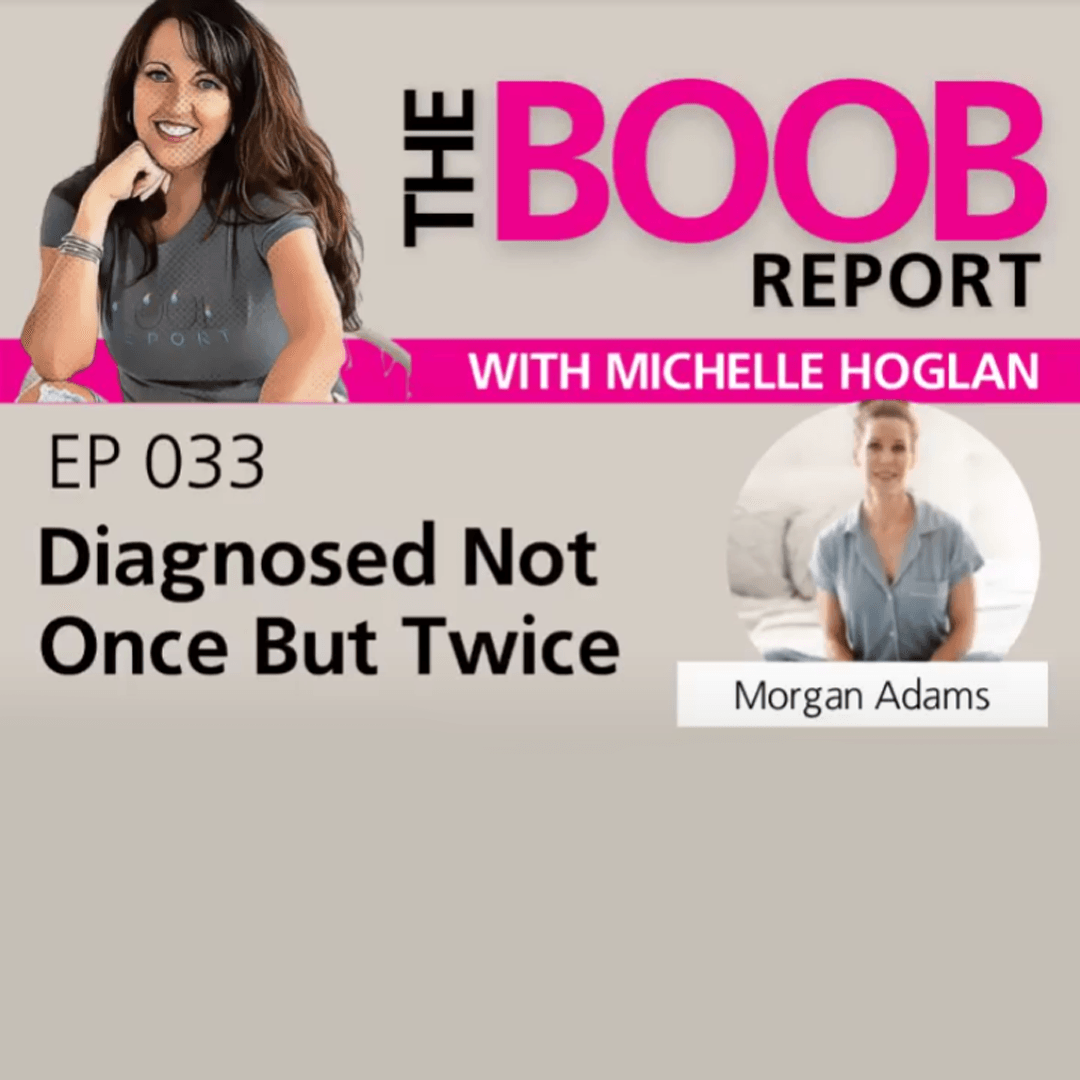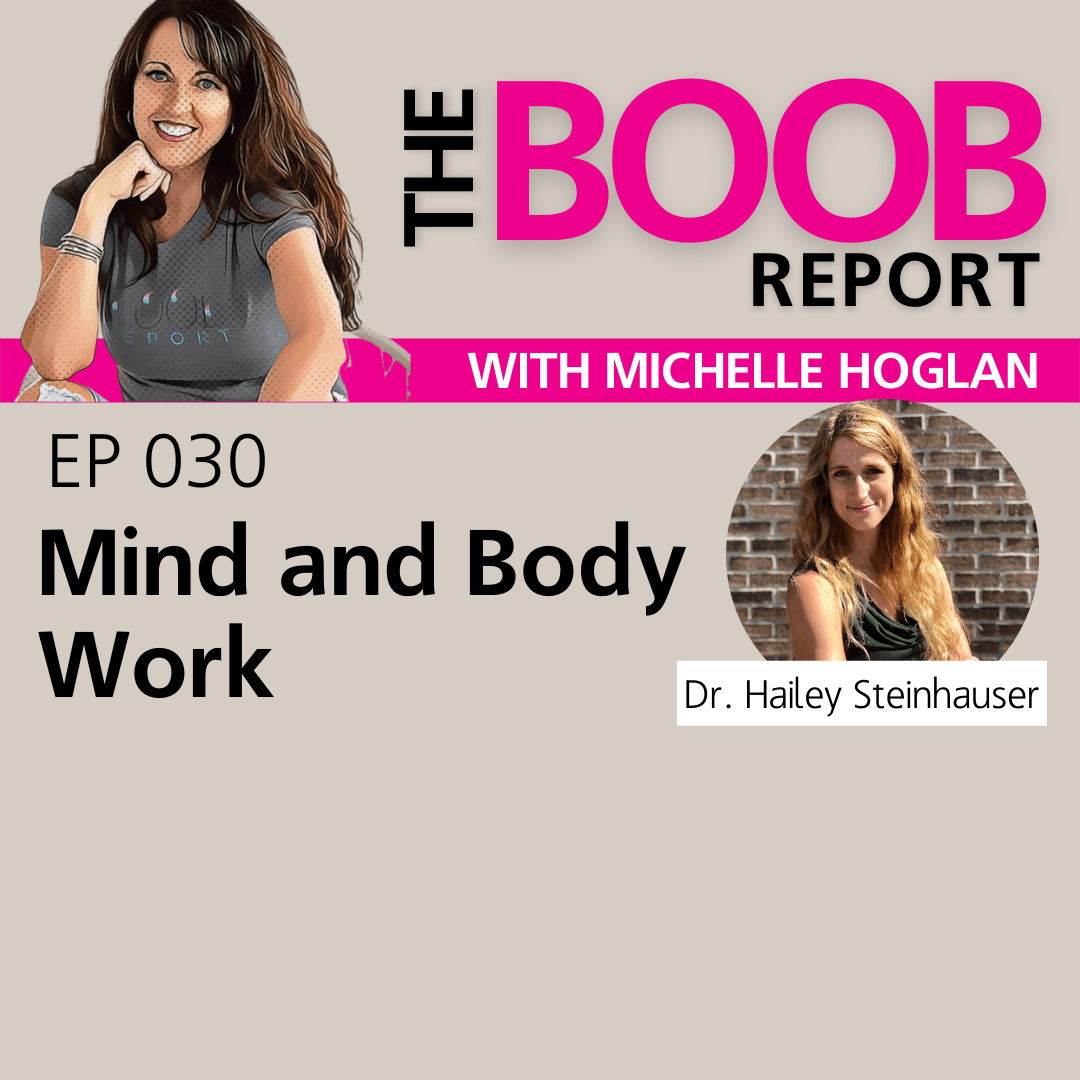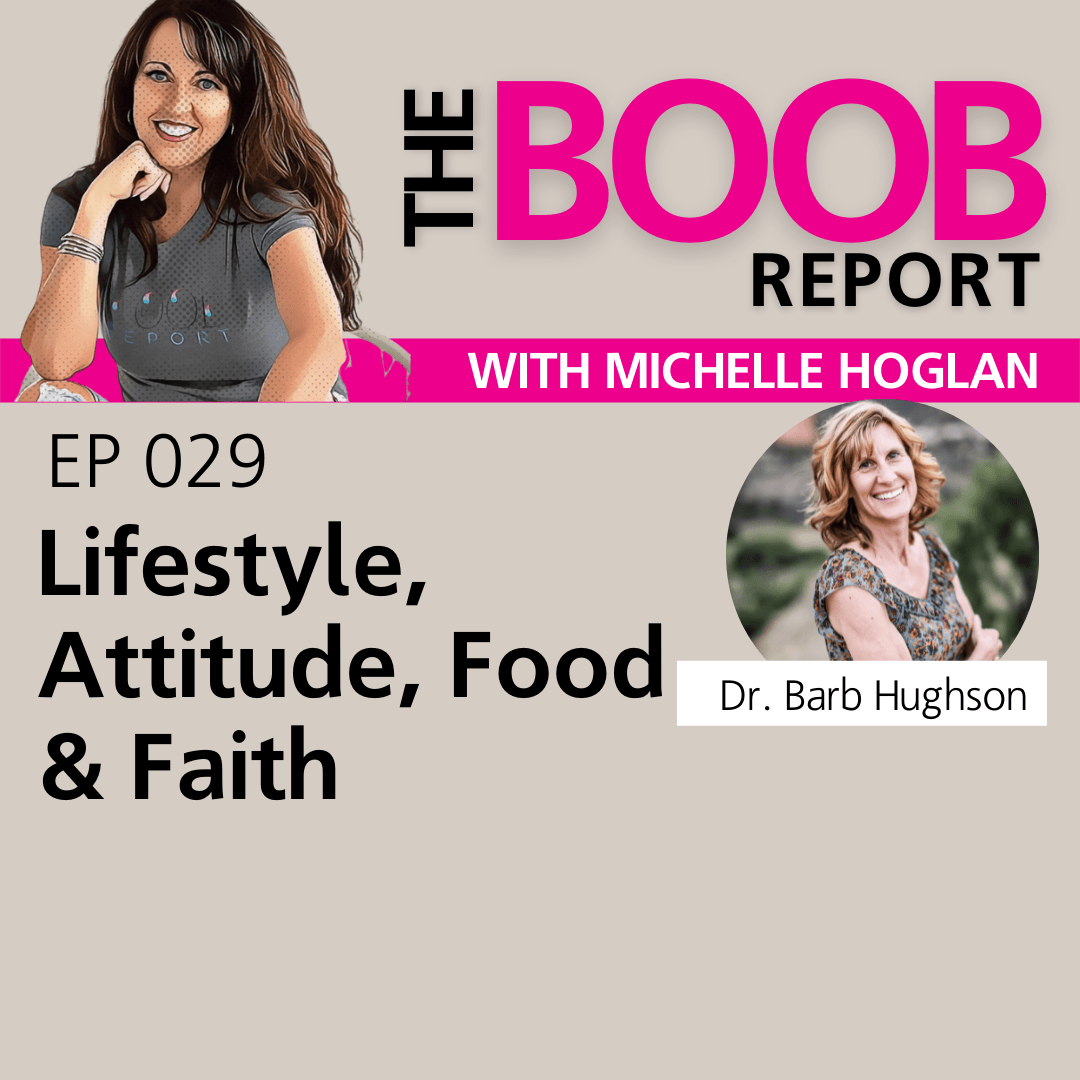For 90 minutes that evening, Rene and I shared our recollection of the nightmare that began February 10, 2015, the day I was diagnosed with late Stage III breast cancer. He was the practical one who spoke to the class eloquently, following prepared notes. I, on the other hand, winged it. I can’t bring myself to prepare for these presentations anymore, because I go where the students and their questions take me. To a genuine place of honesty and pain and melancholy. Rene and I covered miles of territory, and when our time with the class was over, I confided to him that I honestly didn’t know who had benefitted more.
My Psycho-oncology Wake-up Call – Diane M Simard
Rene and I enjoyed getting away in early February on our first trip in two-and-a-half years flying on an airplane, this time to Phoenix (Glendale) for a work conference for him. I tagged along and Zoomed, worked on spreadsheets, and answered emails the entire time from our hotel room. Definitely not a vacation, but the change in scenery and view of palm trees outside our hotel window was great.
The night we arrived in Phoenix, Rene and I spoke via Zoom to seven PsyD students in the Intro to Psychosocial Oncology class offered this quarter by the University of Denver’s Graduate School of Professional Psychology (GSPP). This is the first in the Center for Oncology Psychology (COPE)’s series of four classes that I founded way back when, and it was our third opportunity to share our stories with the intro class taught by Dr. Caroline Scheiber. Dr. Scheiber is a Stanford-trained clinical psychologist who specializes in working with individuals and family members who suffer from serious medical conditions such as cancer.
Speaking of COPE, I checked in with the University of Denver recently (thank you, Ashley Haliko!), and a whopping 163 students took one or more of COPE’s healthy/oncology psychology-related courses between fall 2015 and winter 2022. You have been introduced to several of those students through my column, some of whom have now completed their PsyD degrees.
The moral to this story is that most everyone I interact with these days is more highly educated than me, I don’t use notes, and I’m achieving some of my greatest moments of self-actualization when I’m far, far from home.
I have accidentally morphed into a “psycho-oncology influencer.” And honestly, I have never felt more authentic and alive.
Wait—what is “Psycho-oncology?”
A variety of terms are used, sometimes inter-changeably, to refer to the interdisciplinary field that intersects the physical, psychological, social, and behavioral aspects of cancer for patients, survivors, and caregivers. I use the term psycho-oncology, but the field is also known as psychiatric oncology, psychosocial oncology, oncology psychology, cancer psychology, and on and on.
For those interested in going deeper on psycho-oncology, I overwhelmingly recommend The Human Side of Cancer by the late Jimmie Holland, M.D., who is credited with pioneering the study of cancer’s psychological challenges. Dr. Holland’s book is insightful, comforting, and easy to understand.
An Update and Request from Molly Rosado
Anyway, one of the reasons Molly reached out was to ask for our assistance with her undergraduate thesis, which is to analyze anxiety levels among various age groups of current and post-treatment cancer patients, seeking patterns within gender, age, and medical status. For those of you who have experienced cancer, I would be so grateful for your participation in this anonymous, brief survey. I completed it in about five minutes. Here’s the survey link: https://www.surveymonkey.com/r/AnxietyandCancer
Thank you, thank you in advance for providing valuable input to assist in the education of our future psycho-oncology leaders and to help bring more attention and resources to the deficit of mental health services for those impacted by cancer within our healthcare system.
Cheers to the Courageous Warriors
Feb. 24 was premiere movie night in the Simard household! My sincere thanks to those who tuned in to watch the streaming premiere of Courageous Warriors: Beauty from the Ashes. This award-winning independent documentary film was a labor of love for Darla Rae, who captured the stories of breast cancer survivors determined to channel their experiences through art, nature, therapy, and education.
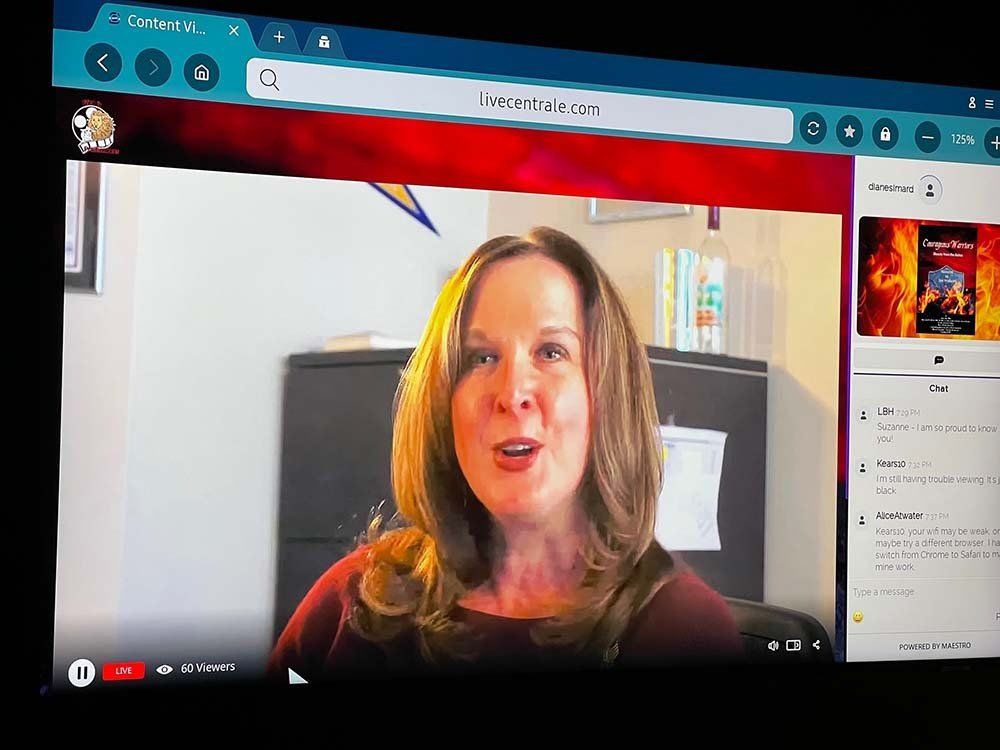
Part of the proceeds from the film premiere will go to the Ray of Hope Colorado Cancer Foundation’s mental health support program. Phase one of the program, which launched a few weeks ago, is a pilot to gather data about the outcomes of individualized mental therapy for Coloradoans impacted by cancer. For the past 18 or so months, I have been working closely with Ray of Hope’s Executive Director, Audra Fleming, to bring this program to life. Audra, her staff, her board, and several committee volunteers have done most of the heavy lifting, and it has been an honor for me to make intros, advise, and advocate along the way. Audra recently let me know that the list of therapists available through the pilot program has become a popular resource for those seeking help for cancer-related distress, and it’s not just for those who want to apply for a Ray of Hope mental health support grant.
Here again is the website for the list of therapists – please share with anyone you know who might be seeking this type of support: https://rayofhopecolorado.org/listoftherapists/
Thank you! Much more to follow about this significant initiative.
Happy Anniversary, Rene
You see, Rene is much more than a craft beer-loving New Englander. He is a human border collie who was placed on this earth to herd and guide others to achieve their greatest potential. It fills my heart to watch him culminate a career of military and civilian organizational leadership with this opportunity.
Life truly does become what you make it.
To generating YOUR inspiration from within,
